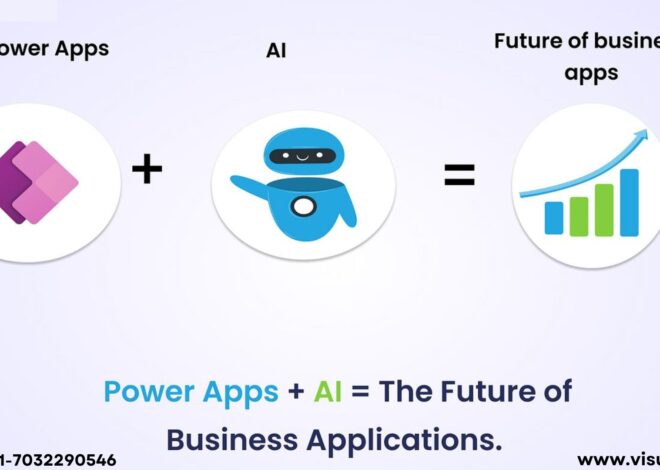Introduction:
Data modeling is an essential technique in the world of database management, software development, and business intelligence. It serves as a blueprint for how data is structured, stored, and accessed, ensuring that information is organized and optimized for various applications. By creating a visual representation of the data, businesses and developers can better understand the relationships between data entities, streamline processes, and improve decision-making. Microsoft Dynamics CRM Training
What is Data Modeling?
Data modeling is the process of creating a visual representation of a system’s data. It provides a structured format for organizing data elements, defining their relationships, and determining how they interact with each other. This is typically done through diagrams or flowcharts, often referred to as data models, that outline how the system’s data will be stored, processed, and managed.
Types of Data Models:
There are three primary types of data models, each serving different purposes and stages of system development:
Conceptual Data Model:
The conceptual data model is the highest level of abstraction. It provides a big-picture view of the system, focusing on what data is stored and the high-level relationships between entities. This model is often used during the initial stages of a project to discuss business requirements and ensure that the system will meet its objectives. Dynamics CRM Online Training
Logical Data Model:
The logical data model dives deeper into the specifics of the system, adding more details about the structure of the data. It defines attributes (properties) of the entities and outlines the relationships between them in more depth. At this stage, the model may begin to specify certain constraints and rules, but it is still not concerned with implementation.
Physical Data Model:
The physical data model is the most detailed and technical. It defines how the data will be physically stored in the database. This includes specifying data types (such as integers, strings, or dates), indexing methods, and table structures. Dynamics 365 Online Training
Data modeling is vital for various reasons:
Improves Data Quality: By defining the structure and relationships of data, data modeling helps eliminate redundancy, ensure consistency, and enhance data integrity. This leads to higher quality data, which is crucial for accurate reporting and analytics.
Facilitates Communication: Data models serve as a common language between technical and non-technical stakeholders. They help bridge the gap between business needs and technical implementation, ensuring that everyone has a clear understanding of the system’s data structure.
Reduces Development Time: A well-thought-out data model can significantly reduce the time it takes to develop a database or software system. By planning data structures upfront, developers can avoid costly redesigns and modifications later in the project. Dynamics 365 CRM Training
Supports Scalability and Flexibility: Data modeling allows for future expansion by considering how new data elements can be integrated into the system. A scalable model ensures that the system can grow without requiring a complete overhaul.
Conclusion:
Data modeling is a powerful technique that serves as the foundation for successful data management and software development. It ensures that information is structured efficiently, allowing businesses to optimize their processes and make better decisions.
Visualpath is the Leading and Best Institute for learning MS Dynamics CRM Online in Ameerpet, Hyderabad. We provide Microsoft Dynamics CRM Online Training Course, you will get the best course at an affordable cost.
Attend Free Demo
Call on – +91-9989971070
Visit: https://www.visualpath.in/microsoft-dynamics-crm-training.html




